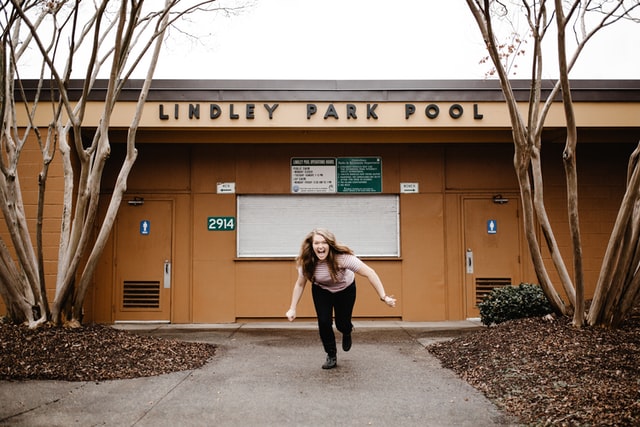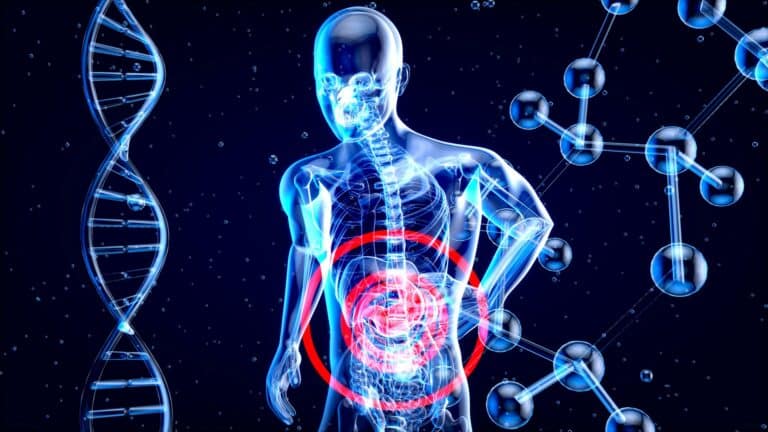Most of us know that exercise is good for our body and physical health, but some may not know how much physical activity affects our mental health. Physical activity can help us deal with anxiety, depression, and trauma. It can also help us sleep better and feel more rested.
Those of us who face chronic fatigue could greatly benefit from more physical activity because it gives us more energy. It can also make us think more rationally and more positive. We do not have to use strenuous exercise to gain the benefits of physical activity. Start with walking thirty minutes a day and go from there. Tailer your physical activity around what is best for you and your body.
Physical activity greatly lowers the chances and symptoms of depression. It can also create positive changes in the brain that help us create overall wellness. It is good for anxiety because it gives us energy and helps build our nervous capacity, while also lowering stress levels. Focusing on exercise and how our brain responds to it can greatly reduce symptoms of trauma while also helping us to feel less stuck. We do this by being more connected with our bodies and focusing less on the trauma.

Examples of Benefits of Physical Activity on Mental Health
- The release of endorphins
When exercise releases endorphins we can be happy, less stressed, have more energy, and much more.
- Increasing energy
Even though it may not seem like it, exercise helps wake up the brain, allowing us to have more energy throughout the day to get the important things done.
- Increasing mood
Exercise allows us to release negative energy and thought patterns, which allows us to be happier and more excited throughout each day.
- Reducing stress and depression
With the endorphins that are released during exercise we can release a lot of built-up tension, stress, and depressive thoughts or ideations.
- Reducing symptoms of PTSD and trauma
When we focus our energy on exercise, we are able to become more connected with our bodies and how to heal it instead of focusing so much on the trauma.
- Overall memory
It is not uncommon to feel like we are in a rut, but during this time it can be hard for our brains to function at its full capacity. When we exercise, we are allowing our brains to wake up and connect with all other systems in the body, which can help increase overall memory function.
With ADHD it can be difficult to focus on important tasks and feel like we have built up energy that we do not know what to do with. Exercise allows us to release this energy, helping us to focus on important tasks instead of ADHD symptoms.
- Better sleep patterns
When we exercise, we are using each system of the body and although it increases our energy, it also allows us to burn off that energy so that we can sleep better. This also occurs due to the increase of melatonin that our body can create with proper exercise and nutrition.
- Building self-esteem
When we forget to focus on our physical health we can end up in a slump where we may feel badly about ourselves. Exercise allows us to feel happier and healthier, allowing us to build on our self-esteem and how we feel about ourselves overall.

If you struggle with exercise
- Start small
- Go on walks with friends or a pet
- Get outside in nature
- Walk small amounts even at work
- Try not to make exercise exhausting, make it fun
Start slow and at your own pace when incorporating exercise into your daily routine. Make sure to listen to your body and what it is telling you that it needs. Although exercise is very important for our mental and physical health, there is such thing as too much exercise for the body. If you feel unmotivated try reaching out to a friend or family member to walk with you outside or take a pet for a walk.
It may be difficult to make the time to get outside, but nature helps us release stress and happy endorphins. If you work and struggle making time for exercise, take breaks to walk up and down stairs or even walking back and forth to the restroom.
Exercising does not have to be an exhausting task, make it fun and incorporate things that you enjoy doing such as hiking, swimming, playing softball, kayaking, and much more. Be aware of how your exercise or lack of exercise is affecting your brain and mental health to create better habits and increase your mental health.




